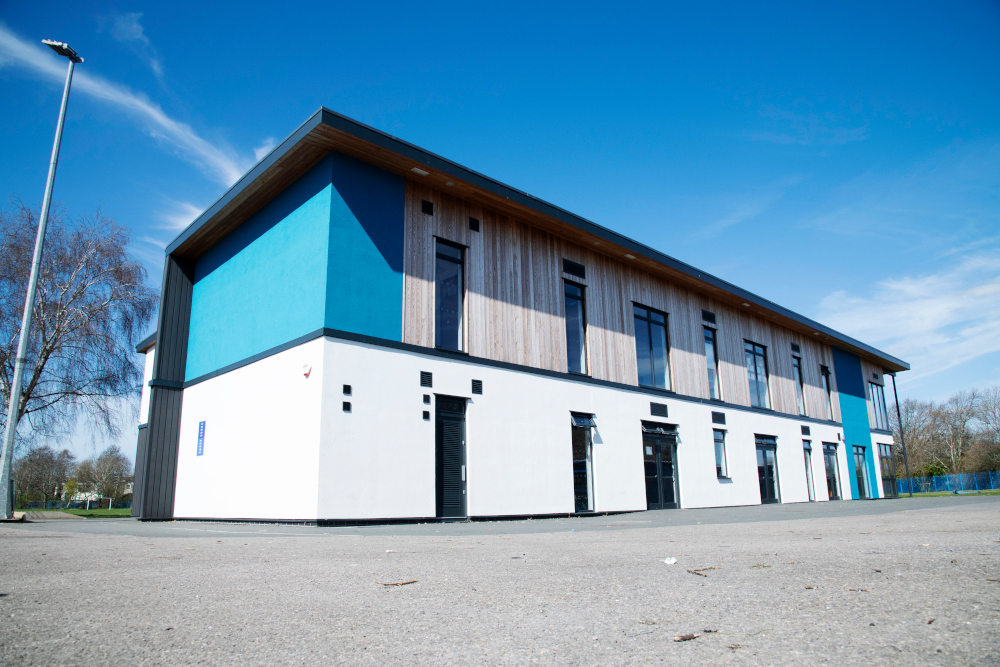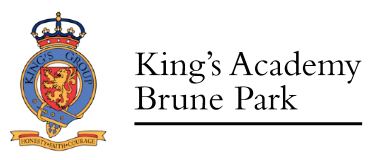History
Department Overview
History is a large and enthusiastic department with five classrooms within a dedicated building for Humanities. The department currently consists of seven teachers that teach across the Key Stages.
All students study History in Key Stage 3. In Year 7, 8, and 9 students have two lessons a week whilst students in Year 10 and 11 will complete six lessons a week. The subject continues to be the most popular option choice.

Key Stage 3 Curriculum Overview (Years 7-8)
Students in Key Stage 3 follow a chronological study of History. Throughout each topic, students are challenged to use the narrative of the subject to evaluate the causes and consequences of the topics studied. We also challenge the students to develop their historical skills by critically considering the context and provenance of the sources that they use.
In Year 7, students are given an introduction into chronological understanding and how, as historians, we learn about the past. Students spend the rest of the first term investigating the settlement of Britain from 0 CE to 1250, including the Iron Age, Romans, Saxons, and Normans. During the Spring term students investigate religion, conflict, and life in the Medieval period, with case studies of the Crusades, the Plague and the Peasants Revolt. In the Summer term students spend time studying the revolutionary turmoil of the Tudor and Stuart dynasties and the French Revolution.
In Year 8, students move on to studying the growth of the British Empire, slavery and the Industrial Revolution. Students then move onto our World at War module, completing studies of WWI and WWII. Finally, in the Summer term students investigate social justice, completing case studies on Civil Rights, Suffrage and the LBGTQ+ movement.
The expectation is that students in Year 9 start their GCSE curriculum in advance of Year 10; regardless of option choice. In September 2021 Year 9 will begin studying the OCR KS4 curriculum.
OCR KS4 Curriculum Overview (Years 9-11)
GCSE students follow the OCR Schools History Project B curriculum for the 9-1 GCSE. The History GCSE is split into three different exam papers.
-
Paper 1 – British History
-
Paper 2 – History Around Us (local history study)
-
Paper 3 –World History
